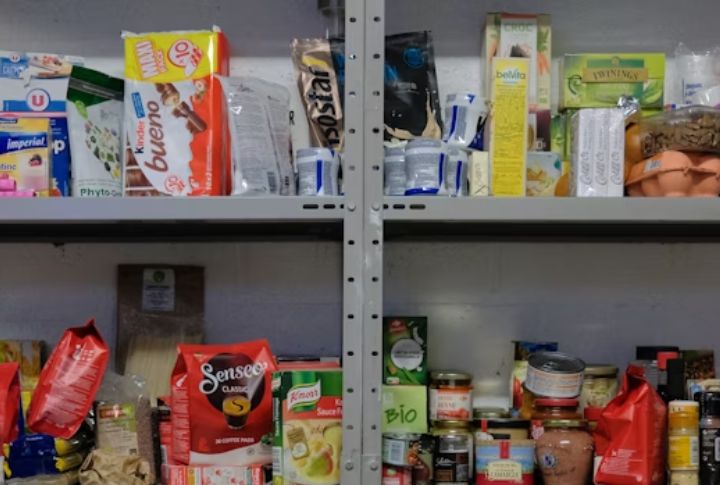
Going seven days without spending on extras sounds hard, until you see what you gain instead. This isn’t some challenge to suffer through—it’s a peek behind the curtain. You’ll notice things you’ve been missing. So, let’s break down what changes when you stop buying for just one week.
You Finally Catch Your Spending Habits In The Act

It might start with a coffee or an app download—small things barely register. But over time, they build up without much notice. A no-spend week flips that switch. Once your patterns come into focus, the hidden habits suddenly stop hiding, and you change everything.
Your Brain Takes A Break From Decision Fatigue

Each day brings thousands of tiny decisions, and spending usually sneaks in with them. Choosing takeout or shopping for that sale might feel harmless, yet it slowly drains your focus. As those choices disappear, mental fatigue begins to lift. Your mind also regains space to think clearly and choose wisely.
You Find Financial Solutions Without Spending More

When buying something new is off the table, you start to get creative. Maybe you fix what’s broken or find a way to go without. Constraints push you to think differently—and often, what seemed like a setback becomes a smart and surprisingly satisfying workaround.
You Discover How Much Is “Just In Case” Spending

Grabbing extras often feels smart in the moment, especially when we’re trying to be prepared. However, many of those purchases collect dust. Economists refer to this as loss aversion—it leads us to overbuy. A no-spend week breaks the pattern and highlights what’s truly useful versus emotionally driven.
You Stop Spending To Keep Up With Others

Filtered purchases flood social feeds, which creates the illusion that everyone’s always buying something new. That quiet pressure, called social proof, often shapes spending without notice. Taking a break from shopping halts the cycle and gently shifts your attention back to what your own financial goals need.
You Break The Habit Of Emotional Spending

A rough day or plain boredom can easily send someone toward an impulse buy. The brief rush from retail therapy feels suitable for a minute, though regret tends to follow. By taking a spending pause, you get space to notice and gently interrupt those emotional triggers.
You Stretch Your Budget Without Feeling Deprived

Some limits don’t feel like punishment when better options become available. Cooking at home or repurposing what you already have can feel surprisingly rewarding. These swaps save money without lowering your quality of life and usually bring just as much enjoyment as spending would.
You Build Up Micro-Wins That Add Up Fast

Tiny choices made throughout the day can quietly shape your finances. A five-dollar daily purchase might seem harmless, yet it adds up to more than $1,800 a year. Each skipped expense builds confidence, and the steady rhythm of progress frequently works better than drastic financial changes.
You Start Feeling In Control Again

Spending without thinking can feel like freedom for a while, until the stress sneaks in. The blur of transactions quickly turns into chaos. Taking a brief pause resets the rhythm. Many people describe feeling more focused and confident after just one week of stepping back from daily purchases.
You Realize The Hidden Cost Of Convenience

Is convenience saving you money? The feeling may suggest so at first, until extra charges like delivery fees and unused subscriptions quietly pile up. A pause in spending highlights the leaks. With fresh awareness, it becomes clearer which shortcuts serve you and which simply drain your wallet.
